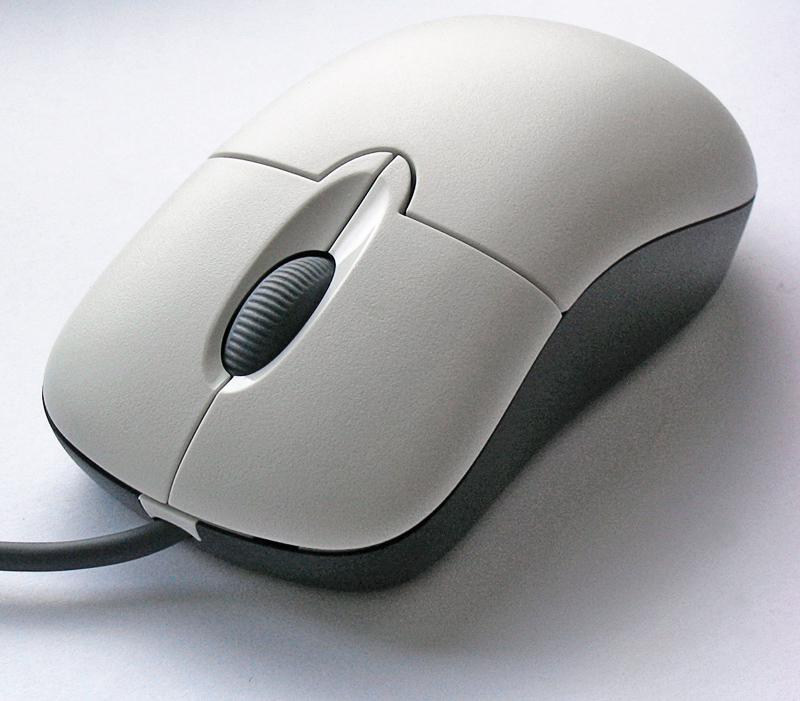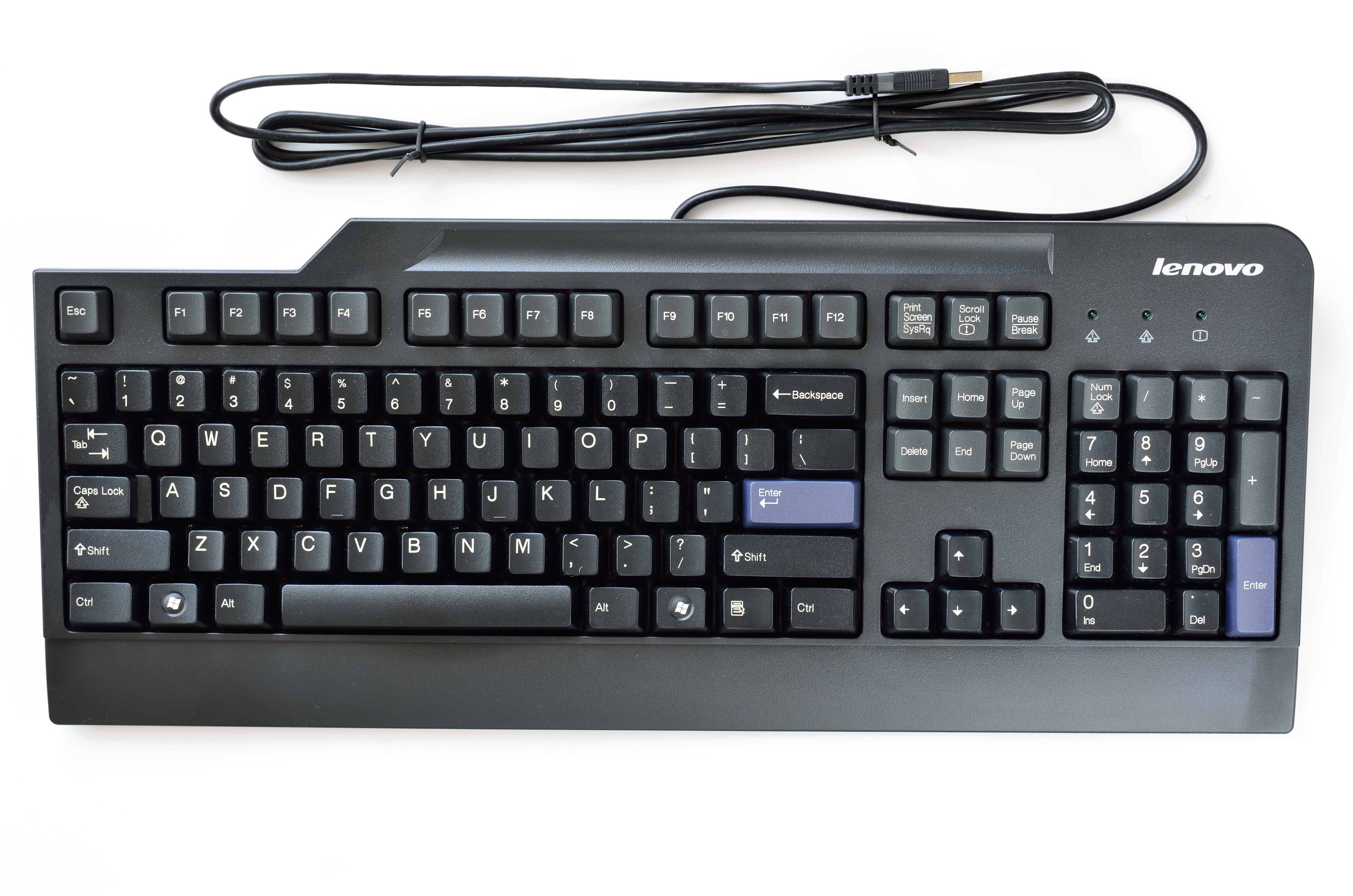|
Game Controller
A game controller, gaming controller, or simply controller, is an input device used with video games or entertainment systems to provide input to a video game, typically to control an object or character in the game. Before the seventh generation of video game consoles, plugging in a controller into one of a console's controller ports was the primary means of using a game controller, although since then they have been replaced by wireless controllers, which do not require controller ports on the console but are battery-powered. USB game controllers could also be connected to a computer with a USB port. Input devices that have been classified as game controllers include keyboards, mouses, gamepads, joysticks, etc. Special purpose devices, such as steering wheels for driving games and light guns for shooting games, are also game controllers. Controllers which are included with the purchase of a home console are considered as standard controllers, while those that are available to ... [...More Info...] [...Related Items...] OR: [Wikipedia] [Google] [Baidu] |
Joystick
A joystick, sometimes called a flight stick, is an input device consisting of a stick that pivots on a base and reports its angle or direction to the device it is controlling. A joystick, also known as the control column, is the principal control device in the cockpit of many civilian and military aircraft, either as a centre stick or side-stick. It often has supplementary switches to control various aspects of the aircraft's flight. Joysticks are often used to control video games, and usually have one or more push-buttons whose state can also be read by the computer. A popular variation of the joystick used on modern video game consoles is the analog stick. Joysticks are also used for controlling machines such as cranes, trucks, underwater unmanned vehicles, wheelchairs, surveillance cameras, and zero turning radius lawn mowers. Miniature finger-operated joysticks have been adopted as input devices for smaller electronic equipment such as mobile phones. Aviation Joystic ... [...More Info...] [...Related Items...] OR: [Wikipedia] [Google] [Baidu] |
Paddle (game Controller)
A paddle is a game controller with a round ''wheel'' and one or more ''fire buttons'', where the wheel is typically used to control movement of the player object along one axis of the video screen. A paddle controller rotates through a fixed arc (usually about 330 degrees); it has a stop at each end. Design The paddle wheel is usually mechanically coupled to a potentiometer, so as to generate an output voltage level varying with the wheel's angle relative to a fixed reference position. A paddle is thus an absolute position controller. That is, without any previous knowledge, the sensor can be read and the result directly indicates the position of the paddle knob. This is in contrast to a rotary encoder-based device or "spinner". Where employed Paddles first appeared in video arcade games with Atari Inc.'s ''Pong'' in 1972, while the first console to use paddles was Magnavox's Odyssey that same year. The Apple II shipped with paddles until 1980. The Atari 2600 used paddles for ... [...More Info...] [...Related Items...] OR: [Wikipedia] [Google] [Baidu] |
Xbox 360 Controller
The Xbox 360 controller is the primary game controller for Microsoft's Xbox 360 home video game console that was introduced at E3 2005. The Xbox 360 controller comes in both wired and wireless versions. The Xbox controller is not compatible with the Xbox 360. The wired and wireless versions are also compatible with Microsoft PC operating systems, such as Windows XP, Windows Vista, Windows 7, Windows 8, and Windows 10. The wireless controllers run on either AA batteries or a rechargeable battery pack. The wired controllers may be connected to any of the USB ports on the console, or to an attached USB hub. Design The Xbox 360 controller has the same basic familiar button layout as the Controller S except that a few of the auxiliary buttons have been moved. The "back" and "start" buttons have been moved to a more central position on the face of the controller, and the "white" and "black" buttons have been removed and replaced with two new bumpers that are positioned over the anal ... [...More Info...] [...Related Items...] OR: [Wikipedia] [Google] [Baidu] |
Haptic Technology
Haptic technology (also kinaesthetic communication or 3D touch) is technology that can create an experience of touch by applying forces, vibrations, or motions to the user. These technologies can be used to create virtual objects in a computer simulation, to control virtual objects, and to enhance remote control of machines and devices (telerobotics). Haptic devices may incorporate tactile sensors that measure forces exerted by the user on the interface. The word '' haptic'', from the grc-gre, ἁπτικός (''haptikos''), means "tactile, pertaining to the sense of touch". Simple haptic devices are common in the form of game controllers, joysticks, and steering wheels. Haptic technology facilitates investigation of how the human sense of touch works by allowing the creation of controlled haptic virtual objects. Most researchers distinguish three sensory systems related to sense of touch in humans: cutaneous, kinaesthetic and haptic. All perceptions mediated by cutaneous and ... [...More Info...] [...Related Items...] OR: [Wikipedia] [Google] [Baidu] |
Mouse (computing)
A computer mouse (plural mice, sometimes mouses) is a hand-held pointing device that detects two-dimensional motion relative to a surface. This motion is typically translated into the motion of a pointer on a display, which allows a smooth control of the graphical user interface of a computer. The first public demonstration of a mouse controlling a computer system was in 1968. Mice originally used two separate wheels to track movement across a surface: one in the X-dimension and one in the Y. Later, the standard design shifted to utilize a ball rolling on a surface to detect motion. Most modern mice use optical sensors that have no moving parts. Though originally all mice were connected to a computer by a cable, many modern mice are cordless, relying on short-range radio communication with the connected system. In addition to moving a cursor, computer mice have one or more buttons to allow operations such as the selection of a menu item on a display. Mice often also feature ... [...More Info...] [...Related Items...] OR: [Wikipedia] [Google] [Baidu] |
Computer Keyboard
A computer keyboard is a peripheral input device modeled after the typewriter keyboard which uses an arrangement of buttons or keys to act as mechanical levers or electronic switches. Replacing early punched cards and paper tape technology, interaction via teleprinter-style keyboards have been the main input method for computers since the 1970s, supplemented by the computer mouse since the 1980s. Keyboard keys (buttons) typically have a set of characters engraved or printed on them, and each press of a key typically corresponds to a single written symbol. However, producing some symbols may require pressing and holding several keys simultaneously or in sequence. While most keys produce characters (letters, numbers or symbols), other keys (such as the escape key) can prompt the computer to execute system commands. In a modern computer, the interpretation of key presses is generally left to the software: the information sent to the computer, the scan code, tells it only whi ... [...More Info...] [...Related Items...] OR: [Wikipedia] [Google] [Baidu] |
Personal Computer
A personal computer (PC) is a multi-purpose microcomputer whose size, capabilities, and price make it feasible for individual use. Personal computers are intended to be operated directly by an end user, rather than by a computer expert or technician. Unlike large, costly minicomputers and mainframes, time-sharing by many people at the same time is not used with personal computers. Primarily in the late 1970s and 1980s, the term home computer was also used. Institutional or corporate computer owners in the 1960s had to write their own programs to do any useful work with the machines. While personal computer users may develop their own applications, usually these systems run commercial software, free-of-charge software ("freeware"), which is most often proprietary, or free and open-source software, which is provided in "ready-to-run", or binary, form. Software for personal computers is typically developed and distributed independently from the hardware or operating system ma ... [...More Info...] [...Related Items...] OR: [Wikipedia] [Google] [Baidu] |
Video Game Console
A video game console is an electronic device that Input/output, outputs a video signal or image to display a video game that can be played with a game controller. These may be home video game console, home consoles, which are generally placed in a permanent location connected to a television or other display devices and controlled with a separate game controller, or handheld game console, handheld consoles, which include their own display unit and controller functions built into the unit and which can be played anywhere. Hybrid consoles combine elements of both home and handheld consoles. Video game consoles are a specialized form of a home computer geared towards video game playing, designed with affordability and accessibility to the general public in mind, but lacking in raw computing power and customization. Simplicity is achieved in part through the use of game cartridges or other simplified methods of distribution, easing the effort of launching a game. However, this leads ... [...More Info...] [...Related Items...] OR: [Wikipedia] [Google] [Baidu] |
Gamepad
A gamepad is a type of video game controller held in two hands, where the fingers (especially thumbs) are used to provide input. They are typically the main input device for video game consoles. Features Gamepads generally feature a set of buttons handled with the right thumb and a direction controller handled with the left. The direction controller has traditionally been a four-way digital cross (also named a joypad, or alternatively a D-pad, and never called arrow keys), but most modern controllers additionally (or as a substitute) feature one or more analog sticks. Some common additions to the standard pad include shoulder buttons (also called "bumpers") and triggers placed along the edges of the pad (shoulder buttons are usually digital, i.e. merely on/off; while triggers are usually analog); centrally placed ''start'', ''select'', and ''home'' buttons, and an internal motor to provide force feedback. Analog triggers, like that of the GameCube controller, are pressure ... [...More Info...] [...Related Items...] OR: [Wikipedia] [Google] [Baidu] |
Gamepad
A gamepad is a type of video game controller held in two hands, where the fingers (especially thumbs) are used to provide input. They are typically the main input device for video game consoles. Features Gamepads generally feature a set of buttons handled with the right thumb and a direction controller handled with the left. The direction controller has traditionally been a four-way digital cross (also named a joypad, or alternatively a D-pad, and never called arrow keys), but most modern controllers additionally (or as a substitute) feature one or more analog sticks. Some common additions to the standard pad include shoulder buttons (also called "bumpers") and triggers placed along the edges of the pad (shoulder buttons are usually digital, i.e. merely on/off; while triggers are usually analog); centrally placed ''start'', ''select'', and ''home'' buttons, and an internal motor to provide force feedback. Analog triggers, like that of the GameCube controller, are pressure ... [...More Info...] [...Related Items...] OR: [Wikipedia] [Google] [Baidu] |









